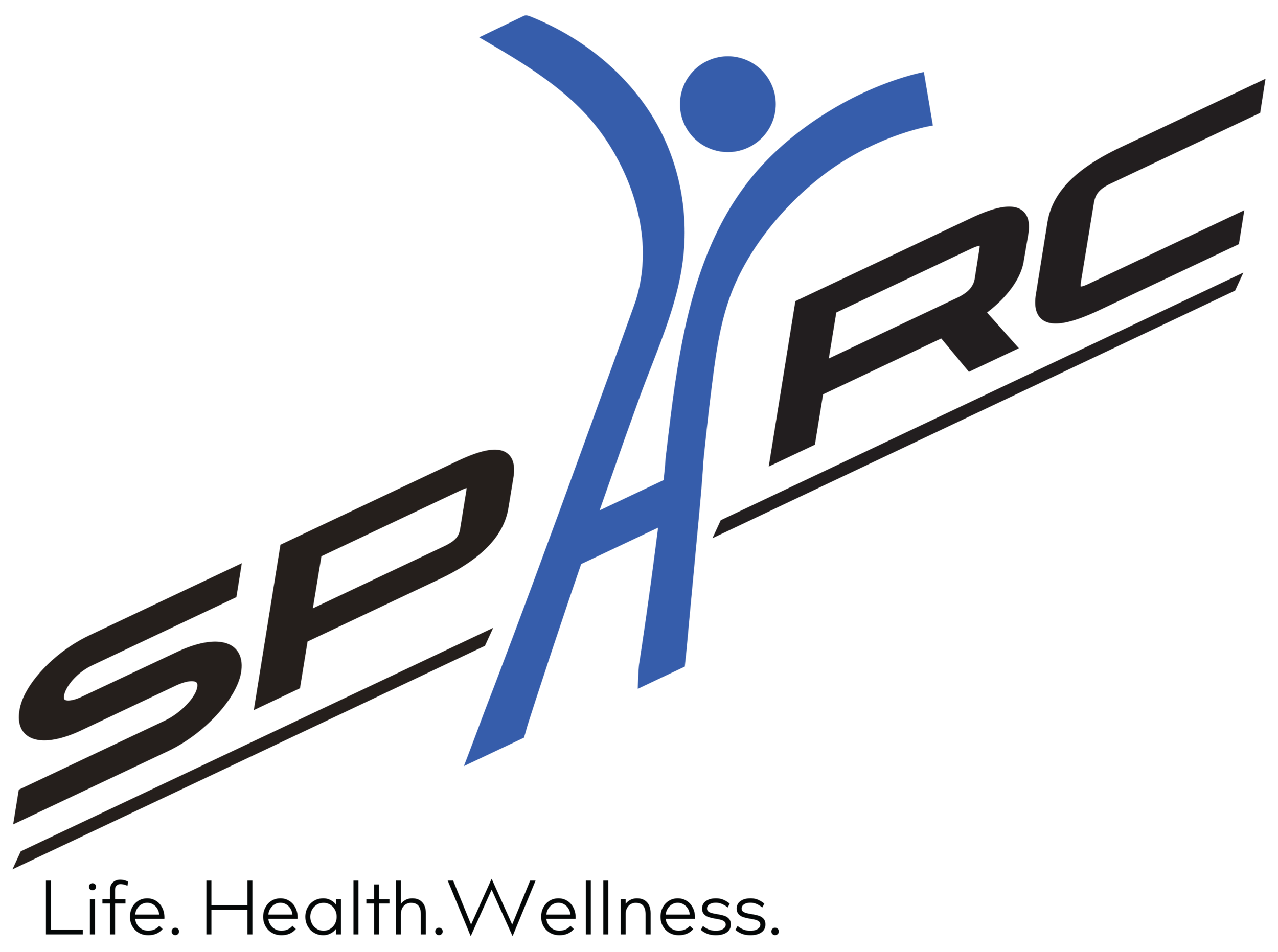Stress vs. Chronic Pain Part II
In the previous article we discussed how environmental stress can actually effect the pain you feel. We will now examine the other two main types of stress: physical and emotional. And no, this does not mean you’re crazy; this is just the way human physiology works.
2. Physical
Acute physical stress triggers your body’s fight-or-flight response which means your nervous system gears up to deal with a potential physical threat. The release of fight-or-flight hormones helps your body work more efficiently for a short period of time. Even positive physical stress like exercise can release stress hormones, such as cortisol, which aids in accomplishing tasks or adapting to physical demands. Chronic physical stress, however, can create problems. Chronically high cortisol production eventually leads to burnout. Overtime, too much cortisol production leads to not enough cortisol production which can make you feel sluggish, tired and depressed. Chronic physical stress can also lower the amount of good endorphins in your body (your natural painkillers). Tired and overworked, the nervous system is still stressed and on high alert, but doesn’t have the juice to keep you energetic and pain-free. It’s like trying to push a boulder up an increasingly steep hill; it will only work for so long. You can accumulate physical stress by doing overly repetitive movements, working long hours with few breaks, eating a poor diet, not getting enough sleep and even overtraining for exercise or sport.
3. Emotional
When people hear the word stress, they usually think of emotional stress. Feeling sad or anxious is very common these days but few people realize how this connects to pain. Pain and emotion are tightly linked. No, this doesn’t mean that your pain is all in your head or that simply trying to feel “happy” will make things better. However, pain is a complex feeling produced by the brain. It involves many different neurons, including neurons responsible for emotions. Thus, feelings of stress, depression and anxiety can trigger your pain or amplify the pain you’re already feeling. For example, excessive worry about your pain, finances, worker’s compensation claim, job, or family tricks your brain into believing a big threat is coming your way. To protect you, your brain may kick off all sorts of alarms, including pain. Your brain will also start to release stress hormones which can also impact your pain. If left uncontrolled, this cycle can happen dozens of times during the day, leading to burnout and a nervous system hardwired for pain.
What’s the moral of this story? Pain is not just about a damaged part of the body. Your brain will adapt to the way you think, feel, move and the environment you place yourself in. You have an opportunity to control many of these variables. Are you a high stresser? Do you push your body beyond its limits? Are you in a stressful environment that puts you on edge? It’s time to take your life back and take back control of the pain!
